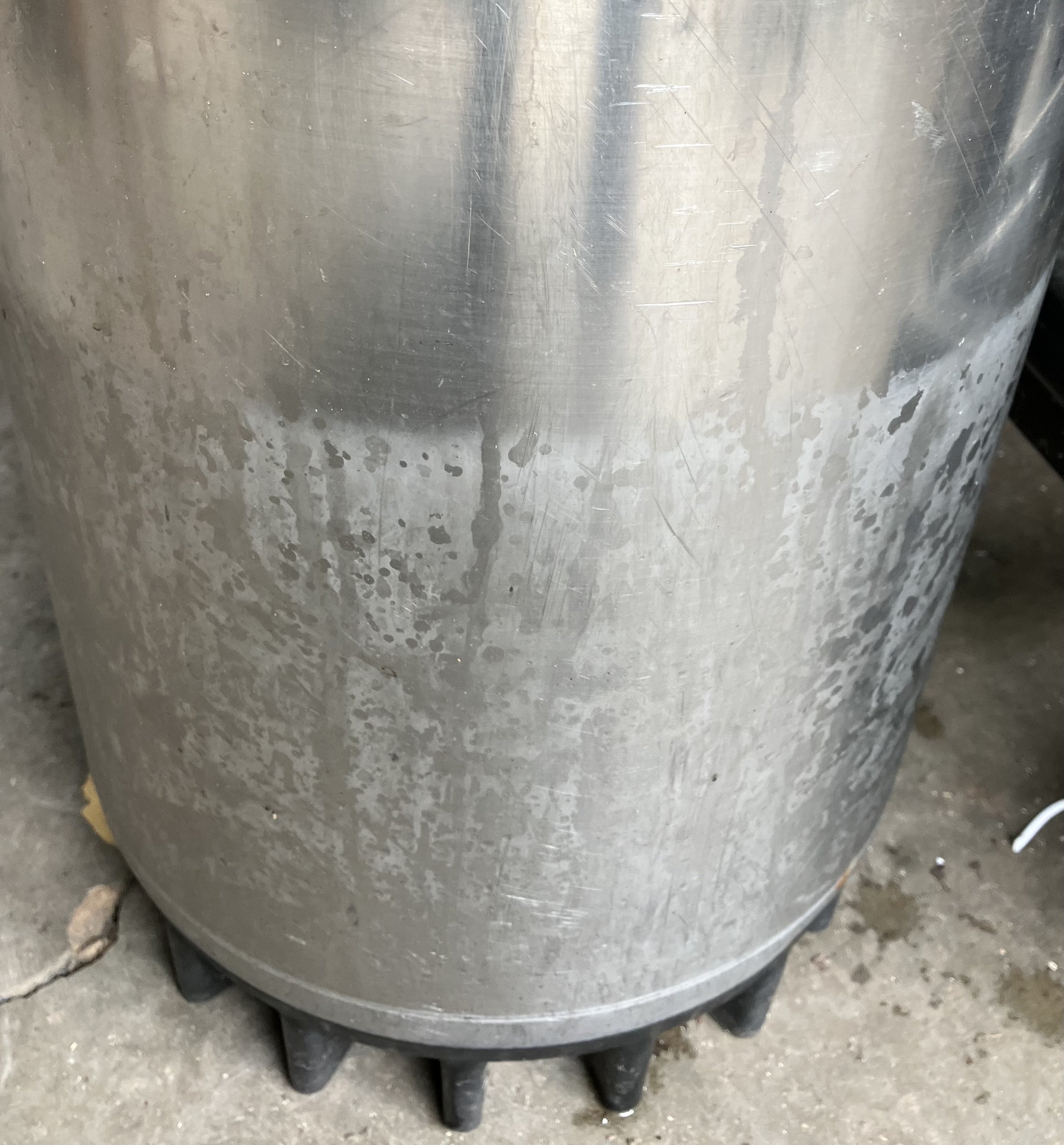Pennine
Well Known Fool
- Joined
- Sep 10, 2019
- Messages
- 566
- Reaction score
- 2,708
Agreed, probably the least inspiring place to drink beer in Germany honestly.I was always wondering why especially homebrewers from overseas are so fascinated by this particular blonde ale.
Most of the Germans compare it to a certain liquid excretion of the human body or best treat it like "meh.. it's a beer". The rest does not drink beer or is actually from cologne.
I for myself think it is a pretty boring brew and nothing special at all. It is a relatively clean blonde ale with a moderate to quite bitter and dry finish. Nothing special in my book.
It is like:
"Mooooooomyyyyy!!! Can I have a lager?! PLEASE!?"
"We have lager at home Charlie."
The lager at home:

Fruh has hops in it? I don't remember that at all.I can actually explain the exact reasons for this.
Firstly our macro lagers over here equivalent to Fruh are all made with adjuncts and the vast majority are either using yeast strains particularly chosen because they leave a small amount of acetaldehyde in the beer, or in the case of most of the largest macro producers, they are actually deliberately adding acetaldehyde to the beer after fermentation and removal of yeast. Acetaldehyde is an off-flavor that comes across as slightly sweet and solvent-like. Some perceive it as a "green apple" aroma. Other than acetaldehyde, these beers are practically devoid of any hop character, in a way that even Fruh is not. Consumers of "lawnmower" macro beer over here have come to expect this flavor to be present just as how the ester is expected to be in Fruh et al.
We brew whatever you want to call it, that ale beer that starts with "K" and ends with "lsch", totally differently than you guys. Over here, local regional examples are hopped to the high heavens, much moreso than even Radeberger Pils. If you put Fruh in front of the average certified BJCP judge in the USA and had them score it, they would score it poorly, even though the BJCP says it, Gaffel, Reissdorf, and others, embody what the style is supposed to be. Over here Kölsch is literally a German Pils recipe with a hint of wheat added and fermented with Kölsch yeast.
So when you compare what's more or less German Pils with some pear esters to off-flavored carbonated water containing alcohol, that you can produce in half or less the time as proper lager using lager yeast, it's very easy to see why the style would be popular among both brewers and consumers.
I do get the sense that small breweries in the US use Kölsch as code for their lite beer for the customer looking for a Coors light. They all offer it now.






























![Craft A Brew - Safale S-04 Dry Yeast - Fermentis - English Ale Dry Yeast - For English and American Ales and Hard Apple Ciders - Ingredients for Home Brewing - Beer Making Supplies - [1 Pack]](https://m.media-amazon.com/images/I/41fVGNh6JfL._SL500_.jpg)



























